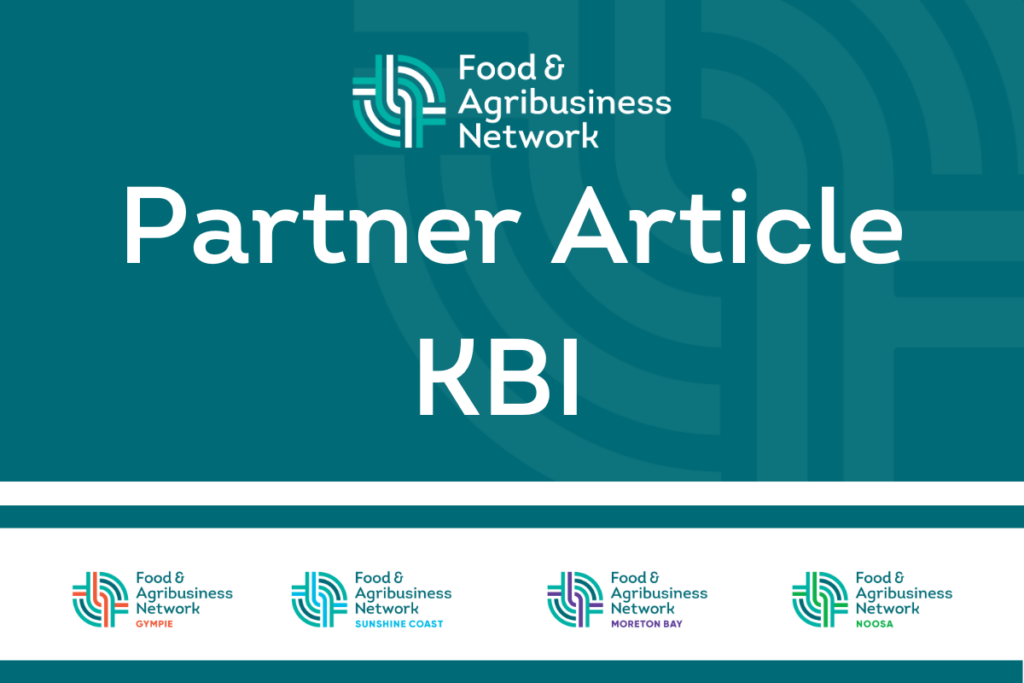In an age where technology intertwines with every slice of our professional lives, the food and agribusiness sector stands at a pivotal crossroads. The digital transformation has ushered in unparalleled efficiencies but not without opening the floodgates to a myriad of cyber vulnerabilities. As members of the Food and Agribusiness Network (FAN), it’s paramount we delve into the criticality of cyber insurance, understanding its role not just as a safeguard but as an essential pillar of our industry’s resilience.
The journey towards digital adoption—be it through advancing supply chain logistics, enhancing customer engagement, or streamlining production processes—has inadvertently amplified our cyber exposure. Data breaches, cyber-attacks on operational technology, and other digital threats now pose significant risks to our operational continuity and, more importantly, the integrity of the products we deliver to millions of tables worldwide.
The ramifications of such incidents transcend financial repercussions. For businesses in our domain, reputation is everything. A single cyber event can swiftly erode consumer confidence, disrupt supply chains, and attract regulatory scrutiny. As we navigate this digital era, fortifying our cyber defences and embracing comprehensive cyber insurance coverage isn’t optional; it’s imperative.
Unveiling the Vulnerabilities in Food and Agribusiness
- Complex Supply Chains: With their intricate networks, supply chains offer numerous inroads for cybercriminals, presenting a significant security challenge.
- Regulatory Compliance: The industry’s strict regulatory environment necessitates stringent data security and confidentiality measures.
- Public Health Concerns: Cyberattacks pose a real threat to the safety of the food supply, with potential dire public health implications.
- Third-Party Risks: Engagements with various partners introduce external vulnerabilities, where a breach in any link can impact the entire chain.=
- Phishing and Social Engineering: These sectors are not exempt from social engineering threats, with employees potentially being the weakest link in security.
- Data Sensitivity: The handling of substantial sensitive data heightens the risk of significant financial, reputational, and legal repercussions upon compromise.
- Infrastructure Technology: Dependence on technology for critical operations means any disruption can lead to operational downtime and financial distress.
Addressing these vulnerabilities demands a proactive, multifaceted strategy that includes thorough risk assessments, pre-emptive measures, and a robust cybersecurity framework. Recognising the gravity of potential cyber incidents and taking decisive steps to secure digital and operational assets is crucial. Herein lies the value of cyber insurance as a pivotal mechanism for mitigating risks and shielding against the dire financial and reputational aftermath of cyber threats.
The Quintessential Role of Cyber Insurance
Cyber insurance transcends being merely a financial bulwark; it serves as a comprehensive safeguard for the food and agribusiness sectors against the multifarious perils of the digital age. It is a financial lifeline, providing a cushion against the hefty costs associated with cyber incidents—legal fees, notification expenses, business interruption, and more. Furthermore, it plays a critical role in reputation management, offering resources for restoring consumer trust and mending partnerships post-incident.
Regulatory adherence is another domain where cyber insurance proves invaluable, assisting in covering costs stemming from regulatory penalties and legal proceedings tied to breaches. Thus, cyber insurance emerges as an essential asset, offering protection that extends beyond financial recovery to encompass reputation preservation and legal compliance.
Managing Cyber Risk
There are ways to lower the risk and manage this exposure in a meaningful way. It often makes sense to do a digital risk assessment to identify and work through some of the cyber exposures we have mentioned above. Some of the proactive measures bakery businesses can easily take include:
- Employee training and awareness programs to minimise the chance of human error
- Incident response plans – these can be basic all the way up to very sophisticated
- Understand basic cyber hygiene for your business – data backups, antivirus/firewalls and network security where applicable
- Understanding how often system and software updates should occur
- Password protection and restricted access – depending on the size and nature of the bakery business (and what records the business holds)
In Conculsion: A Call to Action for FAN Members
In addition to the above risk management steps, a further risk management strategy is to take out a cyber insurance policy to further enhance your digital defences and provide peace of mind.
The main advantage from taking out a cyber policy will be the financial relief it offers when a cyber incident occurs. A cyber policy can often help maintain customer trust and loyalty, it can help with the cost of notifying any affected customers about their personal records being stolen and it can certainly be a massive help when it comes to assessing, managing and working with the business to ensure similar attacks do not happen again.
At KBI, we’re committed to empowering FAN members with the knowledge and tools necessary to navigate the complexities of cyber risk. By fostering a deeper understanding of cyber insurance, we aim to build a community that’s not only resilient in the face of digital threats but also thriving and innovating with confidence. Through our work with the FAN we have a firm understanding of its members needs and can help navigate the risk and insurance landscape.
KBI PTY LTD is an Authorised Representative (450152) of KBI Group Pty Ltd (ABN 56 167 437 121, AFSL 494792). Any advice in this article is general in nature and does not take your personal circumstances into account. When considering the purchase of an insurance policy, you should consider whether the advice is suitable for you and your personal circumstances. Before you make any decision about whether to acquire a certain product, you should obtain and read the KBI Financial Services Guide and relevant product disclosure statement.

